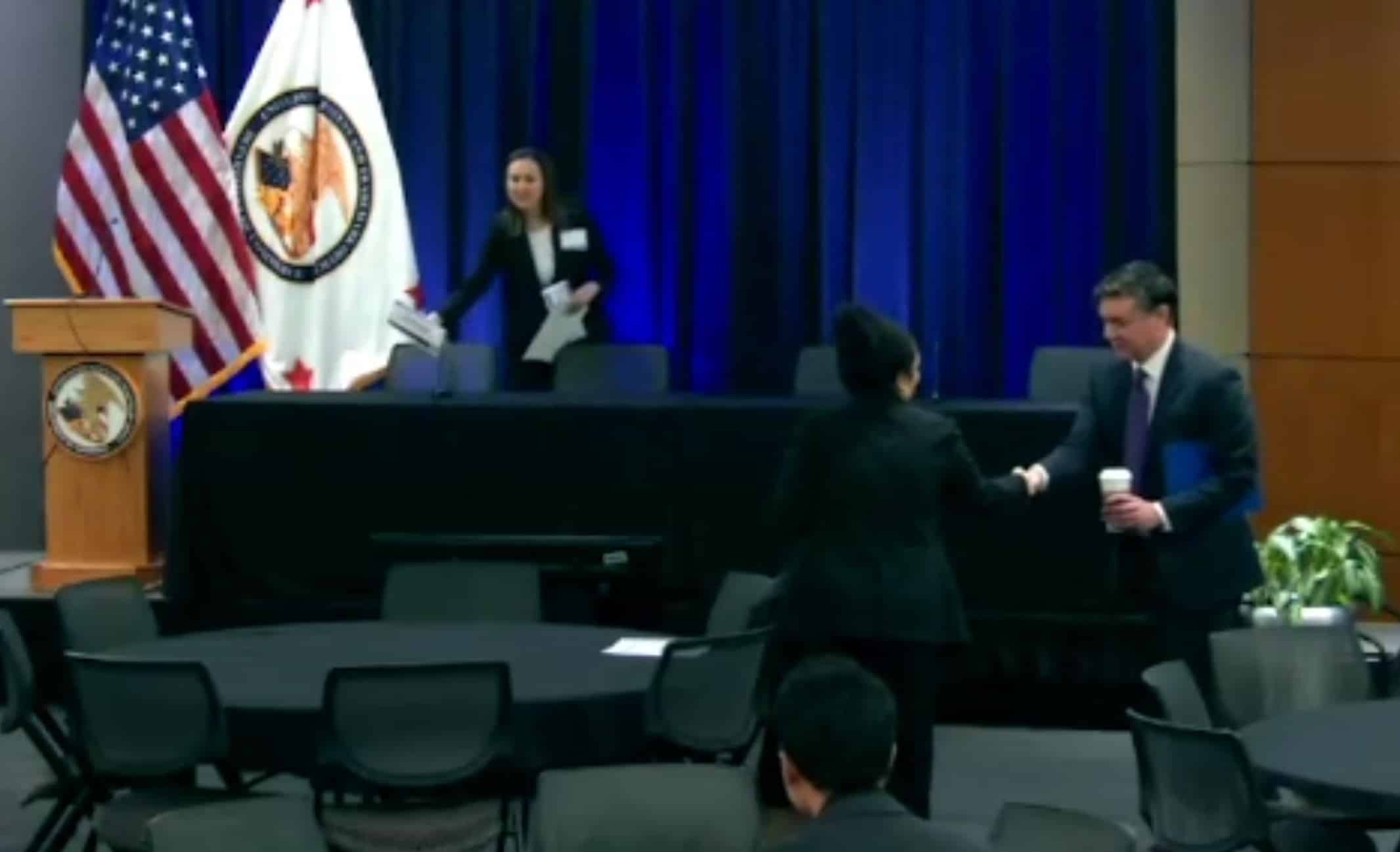-
chevron_right
French Court Orders Cloudflare to ‘Dynamically’ Block MotoGP Streaming Piracy
news.movim.eu / TorrentFreak • 5 April • 3 minutes
 The frontline of online piracy liability keeps moving, and core internet infrastructure providers are increasingly finding themselves in the crosshairs.
The frontline of online piracy liability keeps moving, and core internet infrastructure providers are increasingly finding themselves in the crosshairs.
In a significant ruling last week, the Paris Judicial Tribunal ordered Cloudflare to actively block access to pirate MotoGP streams, confirming that third-party intermediaries can be required to take responsibility.
The ruling follows a complaint from French entertainment powerhouse Société d’Edition de Canal Plus ( SECP ), which holds the rights to various sports broadcasts. In this case, the proceeding was filed to protect its interests in MotoGP events, which started a new season last month.
DNS Resolvers are Liable
The reasoning behind the blocking request is similar to a previous blocking order , which also targeted OpenDNS and Google DNS. It is grounded in Article L. 333-10 of the French Sports Code, which empowers rightsholders to seek court orders against any outfit that can help to stop ‘serious and repeated’ sports piracy.
This time, SECP’s demands are broader than DNS blocking alone. The rightsholder also requested blocking measures across Cloudflare’s other services, including its CDN and proxy services.

The legal paperwork cites 14 domain names, including motogpstream.me and livestreamhd247.live, but doesn’t stop there. SECP also pushed for dynamic blocking, asking Cloudflare to act against future infringing sites identified by French media regulator, ARCOM.
Cloudflare’s Failed Defense
Cloudflare put up a defense, arguing that unlike traditional ISPs, it isn’t the kind of intermediary that’s targeted by Article L. 333-10. The company said that its DNS, CDN, and reverse proxy services don’t “transmit” infringing content in the way envisioned by the law. Instead, they merely route traffic or cache content passively, so strict policing obligations are not appropriate.
Cloudflare also attacked the proportionality and effectiveness of the requested measures. For example, it said that DNS blocking would affect a “negligible” number of users and could be easily bypassed by VPNs or other DNS resolvers, rendering these restrictions futile.
Cloudflare also warned that due to technical challenges, it could be difficult to accurately geo-restrict blocking measures to France, introducing a new risk of global collateral damage.
Court Dismisses Pushback, Orders Blocking Measures
None of these defenses convinced the Paris court, which rejected all of Cloudflare’s arguments. For example, it disregarded the “passive” vs. “active” distinction, concluding that intermediaries such as Cloudflare play an integral role in accessing pirate streams. As a result, the company is required to block this content.
The potentially limited effect of the blocking order didn’t change the court’s view either. While Cloudflare’s blocking won’t put an end to piracy, it will have an impact, even if some people bypass the proposed blocking measures.
All in all, the Paris Court ordered Cloudflare to comply and block the listed pirate site domains within three days. The blockades should stay in place for the remainder of the 2025 MotoGP season, across all relevant services.
Future Pirate Site Domains are Covered
The order was issued last week and Cloudflare has already implemented it, with the court allowing Cloudflare to adopt its own technical measures. Visiting the blocked domain names from France will now result in an HTTP 451 error, indicating that they are now unavailable for legal reasons .

Interestingly, the blockades may not stop at the 14 domain names mentioned in the original complaint. The ‘dynamic’ order allows SECP to request additional blockades from Cloudflare, if future pirate sites are flagged by French media regulator, ARCOM. Refusal to comply could see Cloudflare incur a €5,000 daily fine per site.
“[Cloudflare is ordered to implement] all measures likely to prevent, until the date of the last race in the MotoGP season 2025, currently set for November 16, 2025, access to the sites identified above, as well as to sites not yet identified at the date of the present decision,” the order reads.

This latest French ruling is part of broader efforts by rightsholders to co-opt core internet infrastructure into their enforcement efforts. Mandatory blocking requirements, once largely confined to ISPs, are now gradually expanding to other intermediaries. The expansion is not just a French or European phenomenon; a proposed U.S. site blocking bill also envisions a key role for DNS resolvers.
—
A copy of the Paris Court order, issued on March 28, 2025, is available here (pdf)
From: TF , for the latest news on copyright battles, piracy and more.

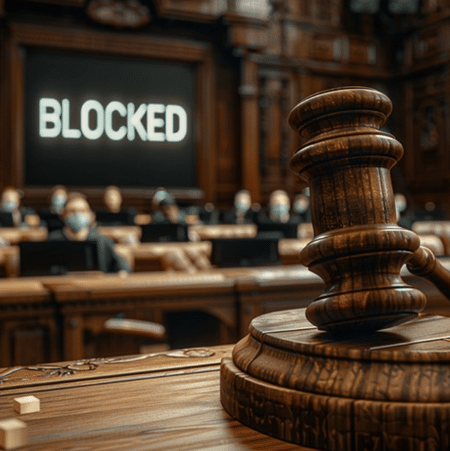 When rightsholders feel that conditions are optimal, site-blocking measures are presented to countries as a proportionate, precise, and entirely reasonable response to rampant piracy.
When rightsholders feel that conditions are optimal, site-blocking measures are presented to countries as a proportionate, precise, and entirely reasonable response to rampant piracy.
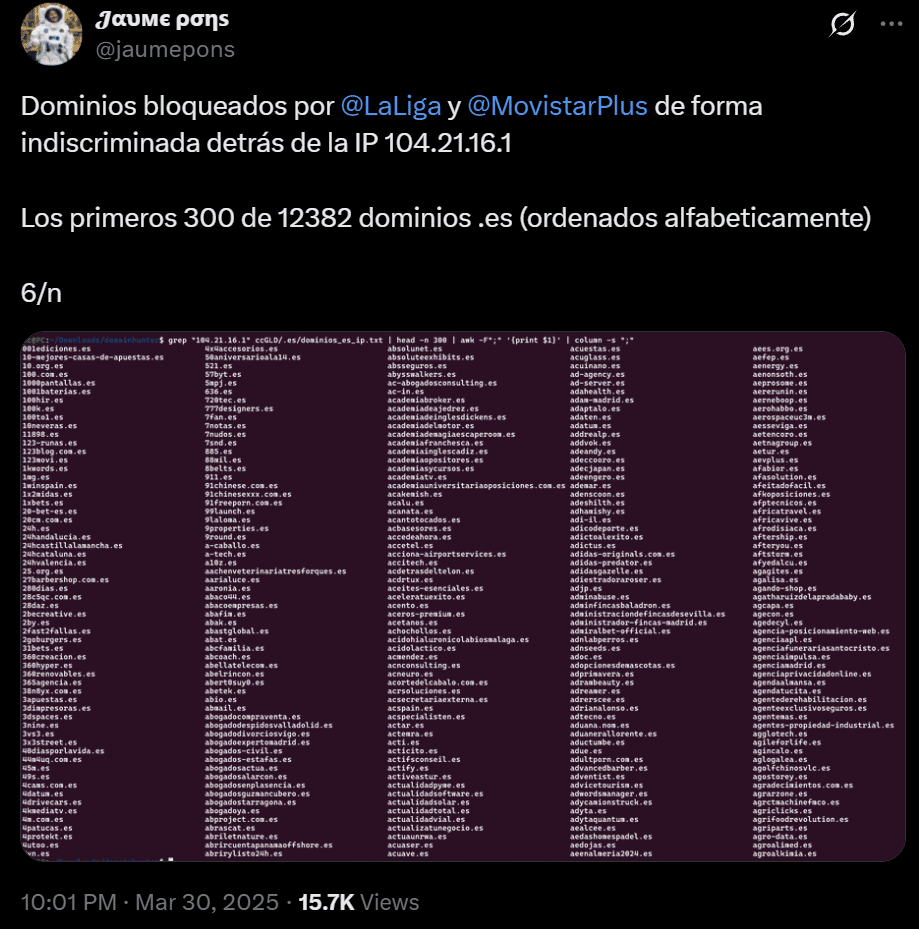
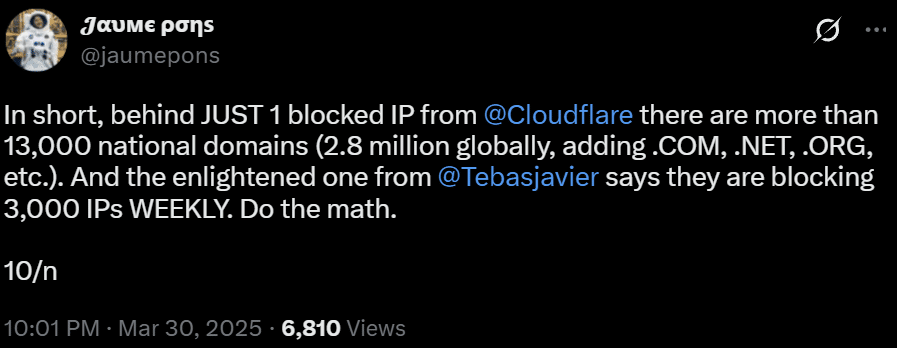
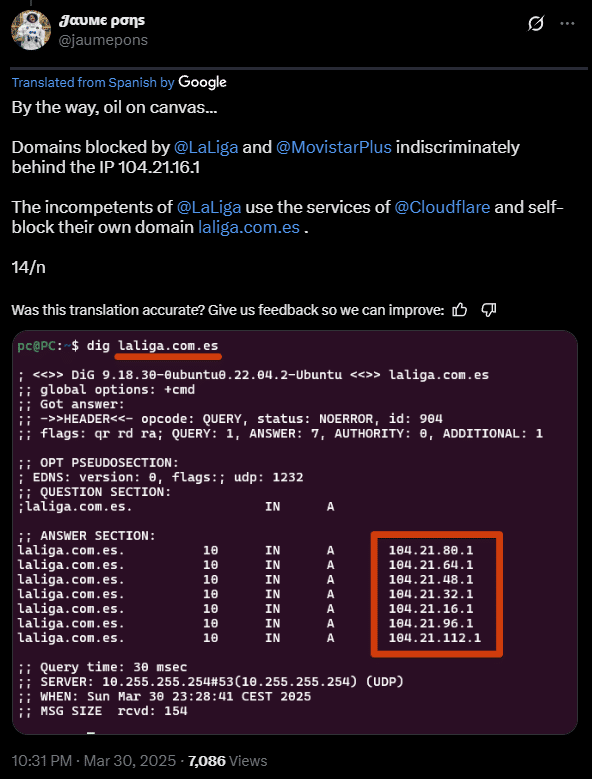
 More than a decade ago, Mojang Studios announced that it was working on a Minecraft movie together with Warner Bros.
More than a decade ago, Mojang Studios announced that it was working on a Minecraft movie together with Warner Bros.
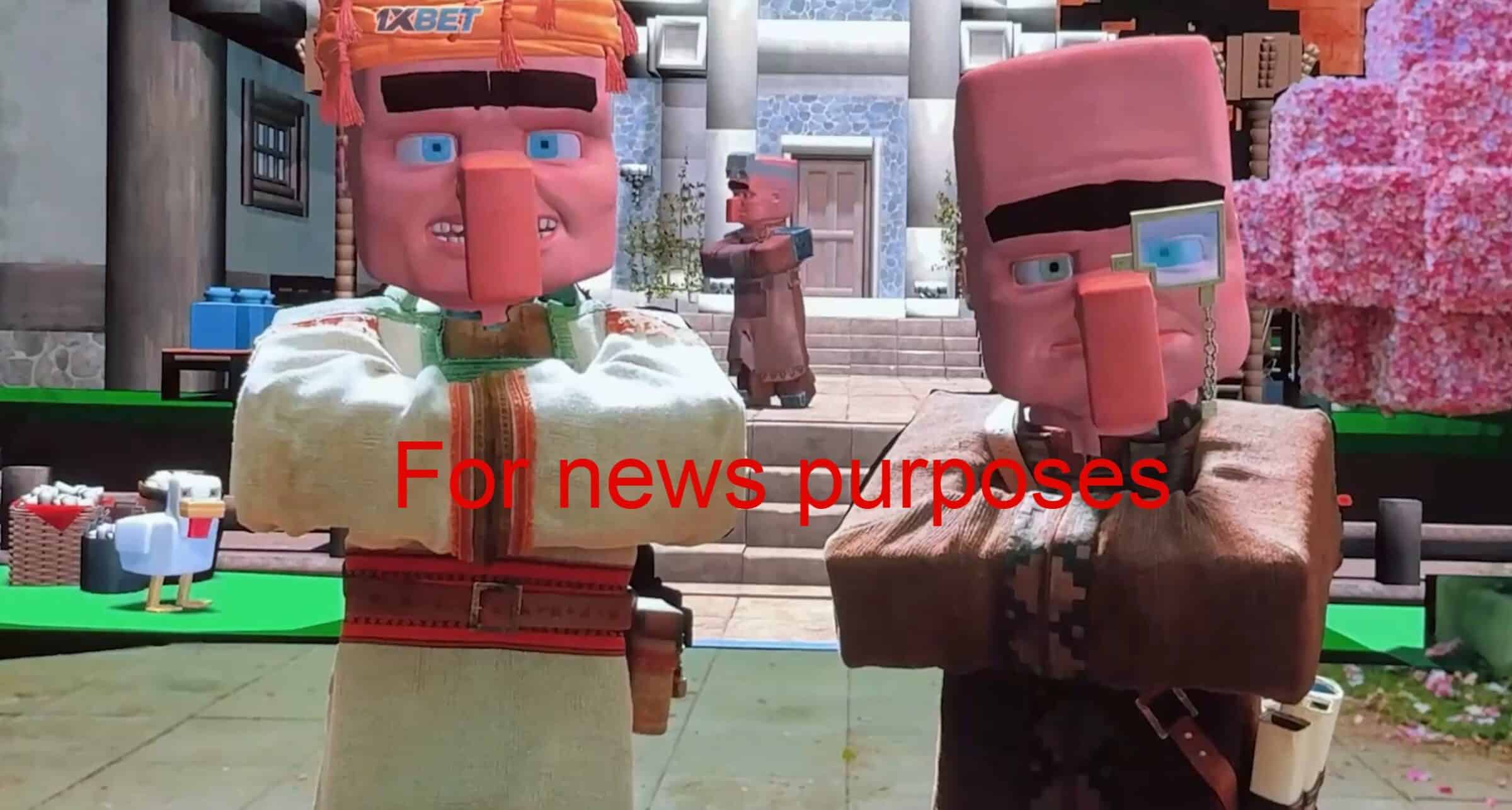
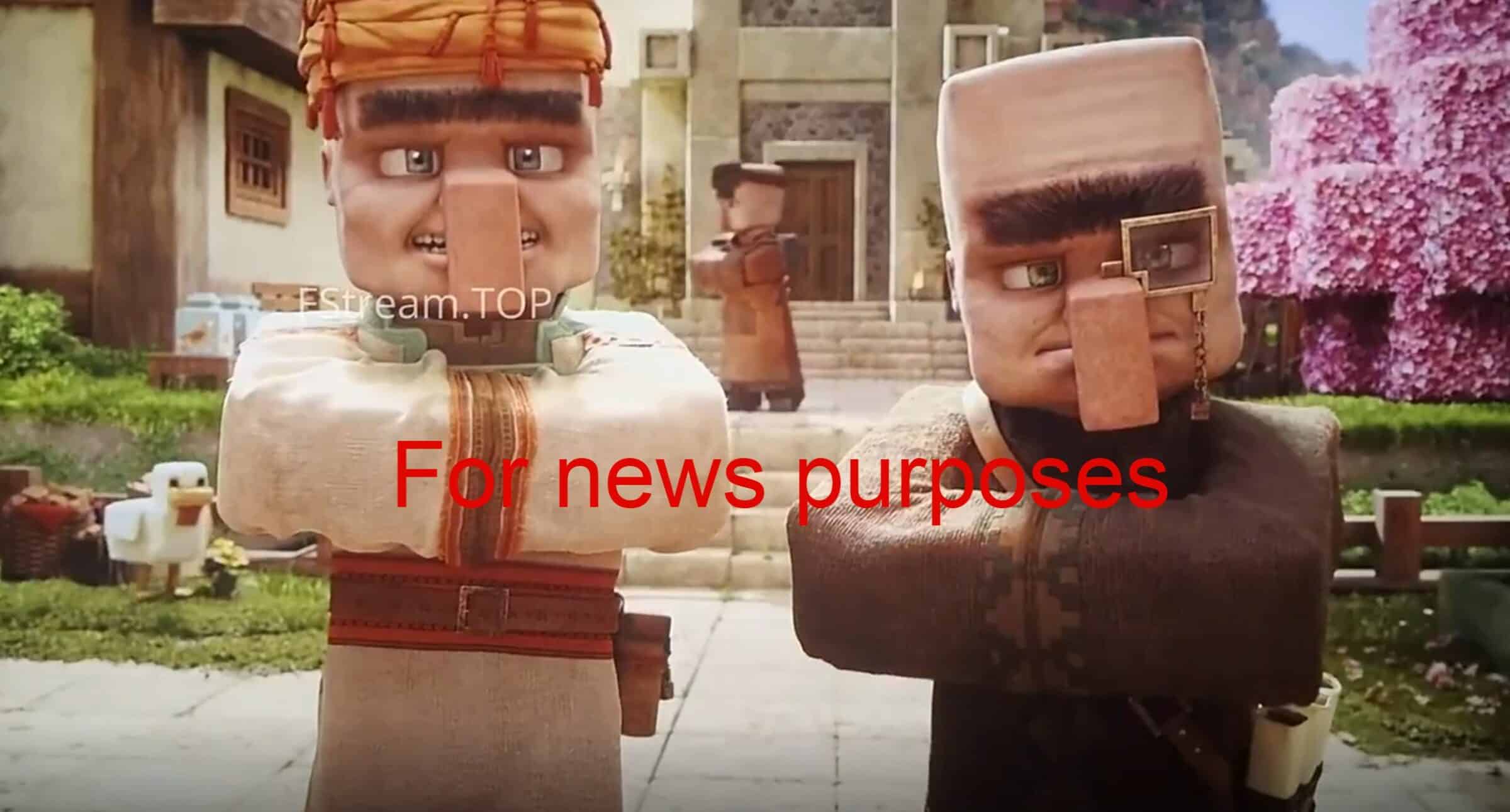
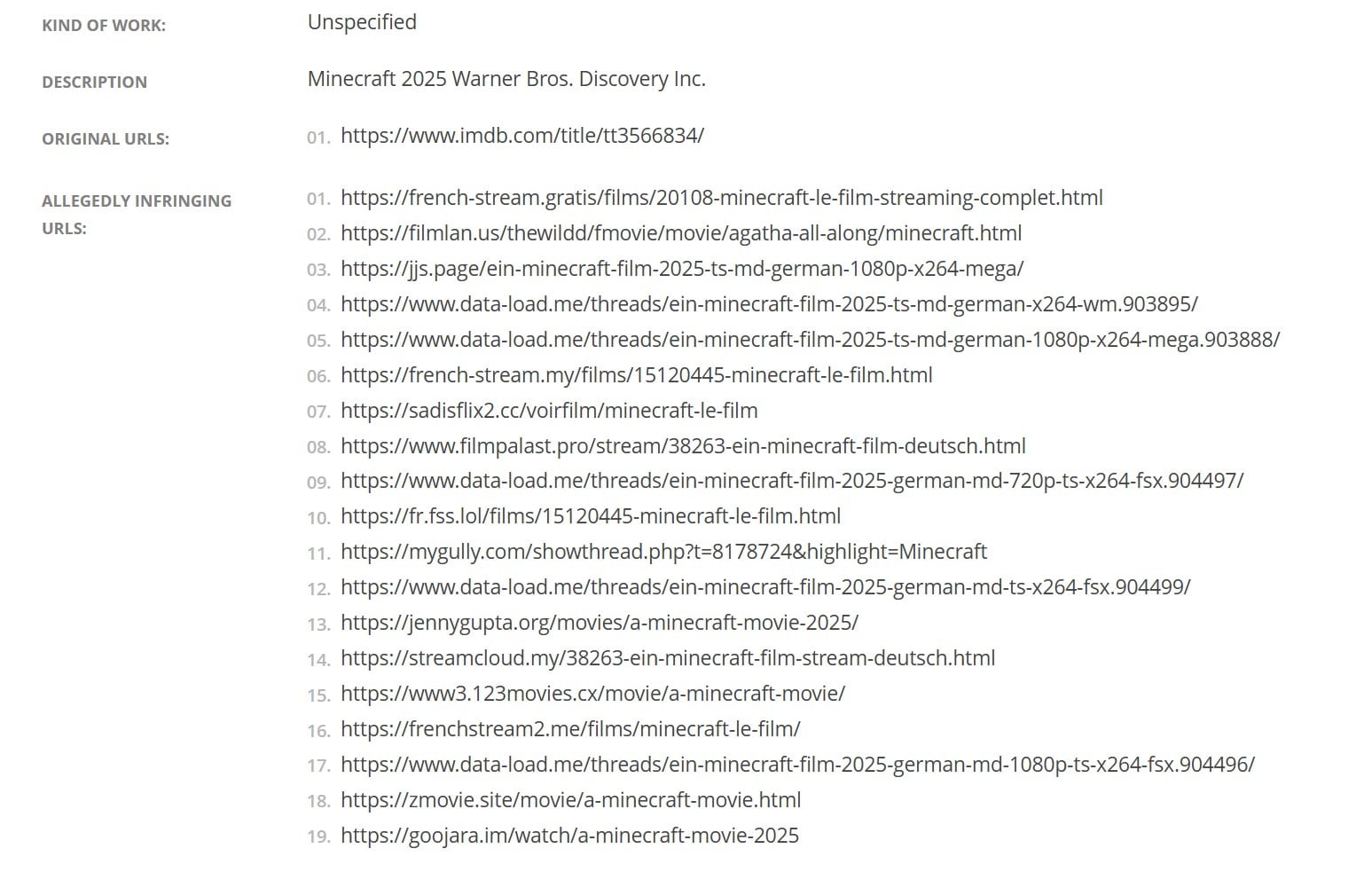
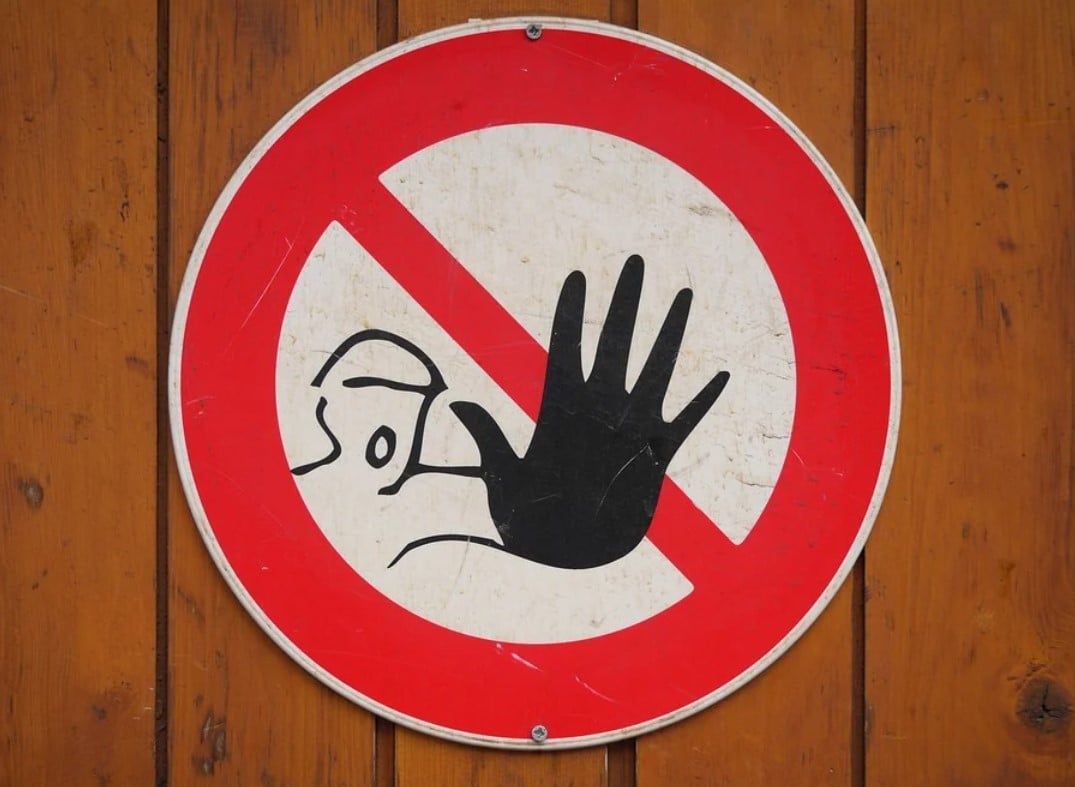 After a decade of focusing efforts overseas, the push for website blocking has landed back on American shores.
After a decade of focusing efforts overseas, the push for website blocking has landed back on American shores.
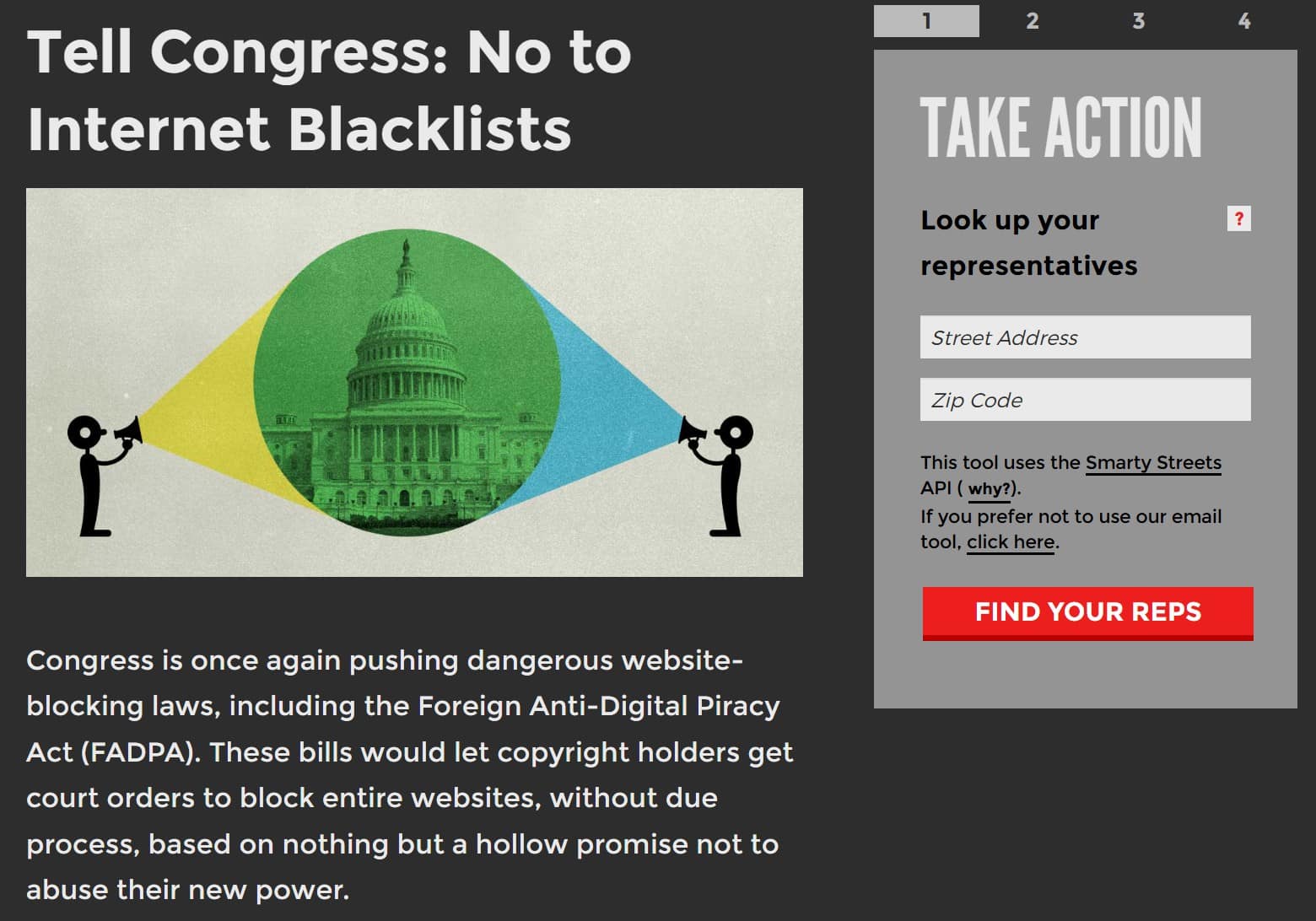
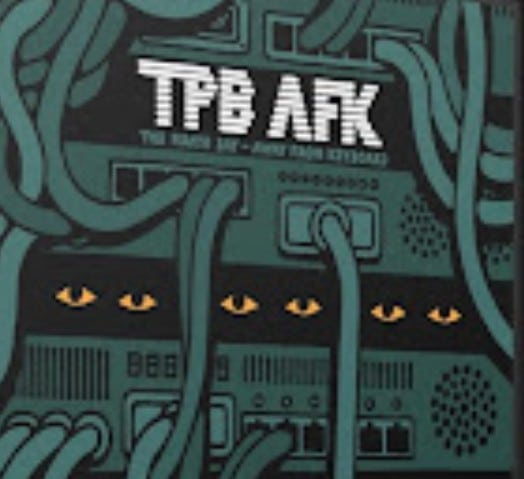 Released in 2013, The Pirate Bay documentary TPB-AFK offers insight into a pivotal moment in Internet history.
Released in 2013, The Pirate Bay documentary TPB-AFK offers insight into a pivotal moment in Internet history.
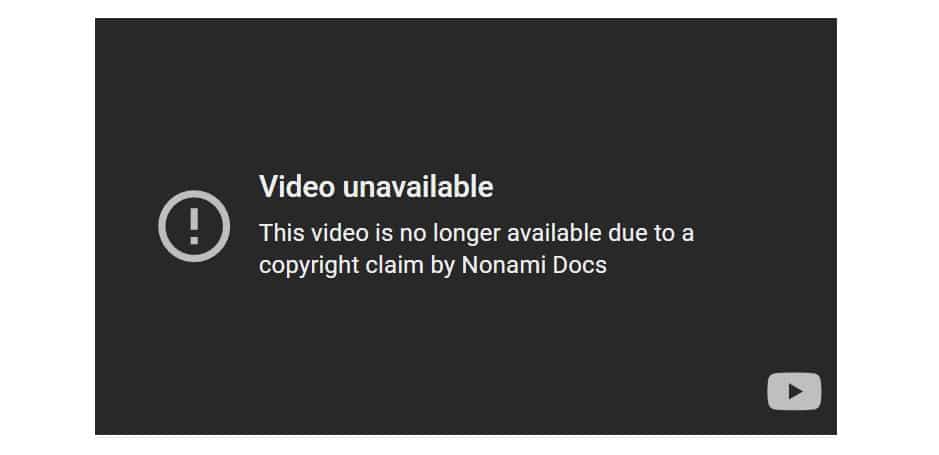

 As the most prolific copyright litigant in the United States, adult entertainment company Strike 3 Holdings has filed
As the most prolific copyright litigant in the United States, adult entertainment company Strike 3 Holdings has filed
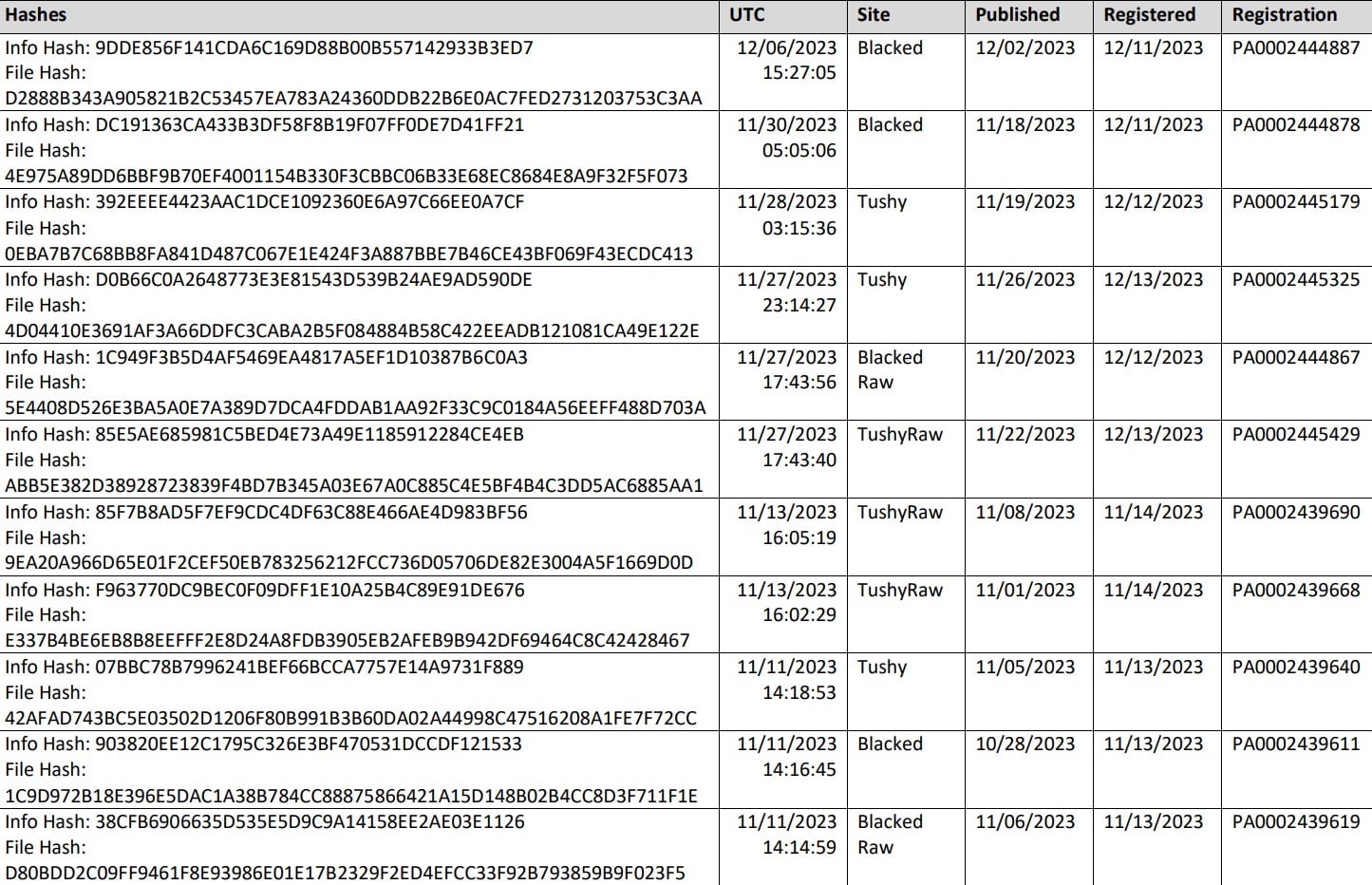
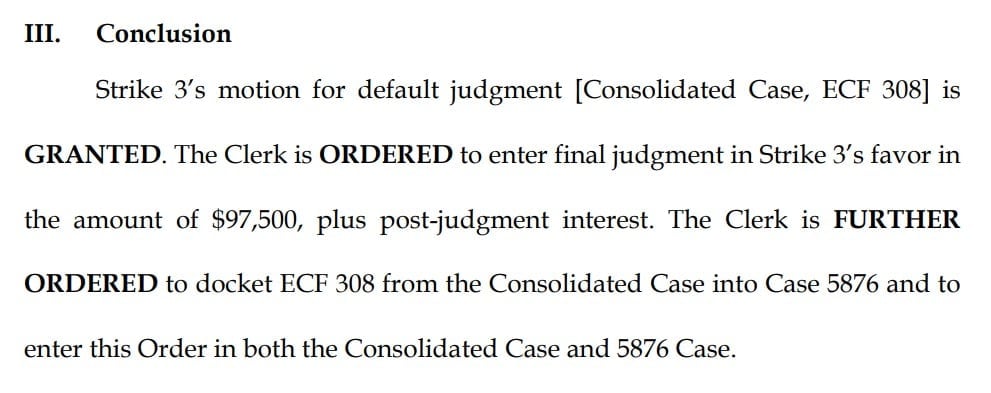
 Lawsuits filed to address infringement can also play a key role as part of a wider deterrent messaging campaign. In the online arena inhabited by millions of pirates, dual-purpose lawsuits are especially common.
Lawsuits filed to address infringement can also play a key role as part of a wider deterrent messaging campaign. In the online arena inhabited by millions of pirates, dual-purpose lawsuits are especially common.


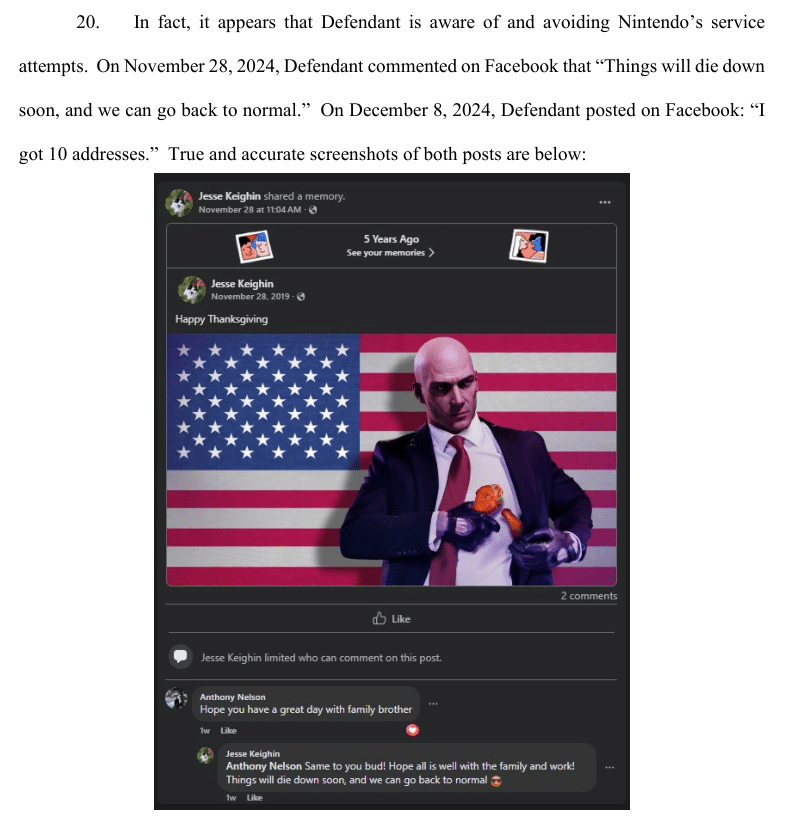
 Development of AI continues to progress at a rapid pace. This includes work on large language models (LLMs), which are typically trained on broad datasets of texts.
Development of AI continues to progress at a rapid pace. This includes work on large language models (LLMs), which are typically trained on broad datasets of texts.
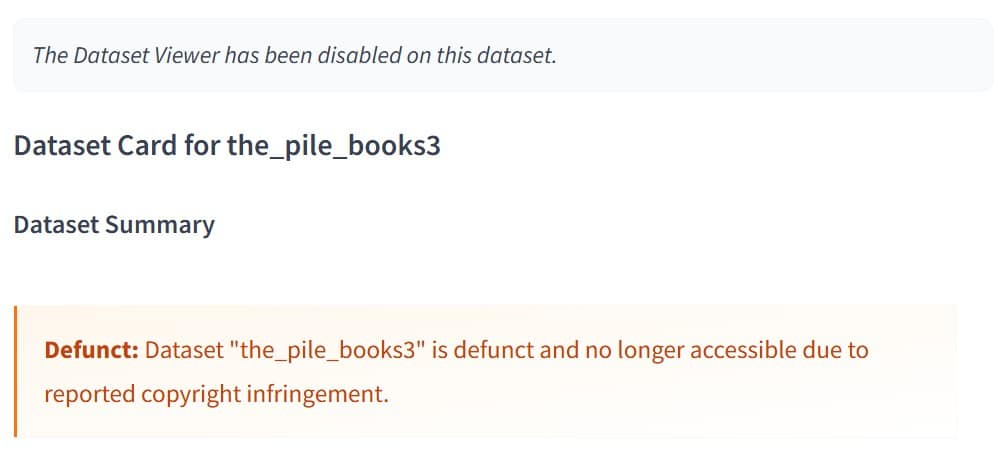
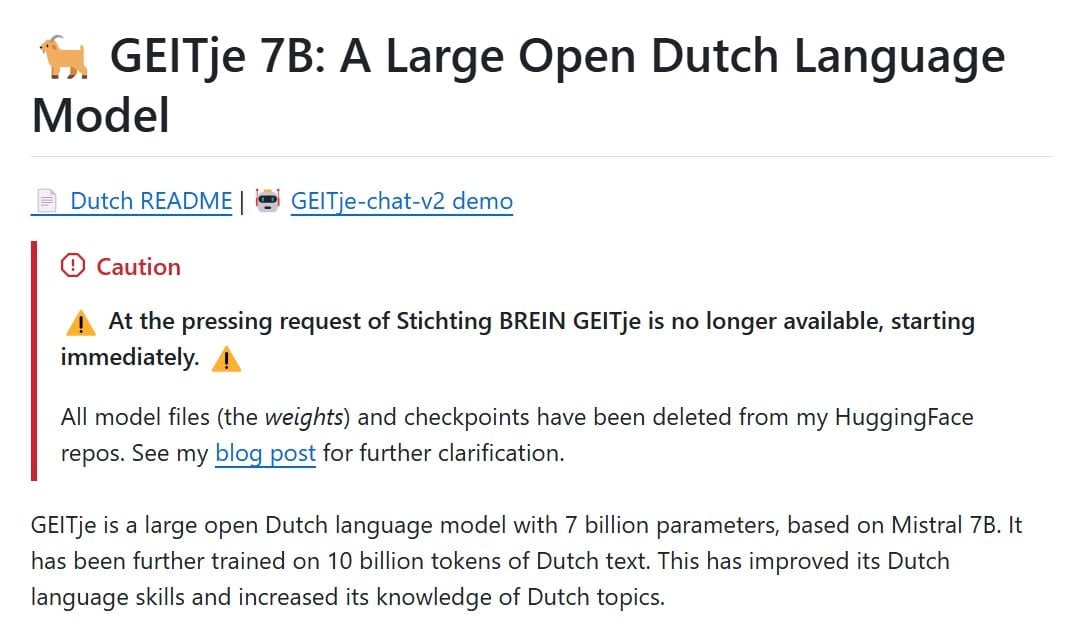
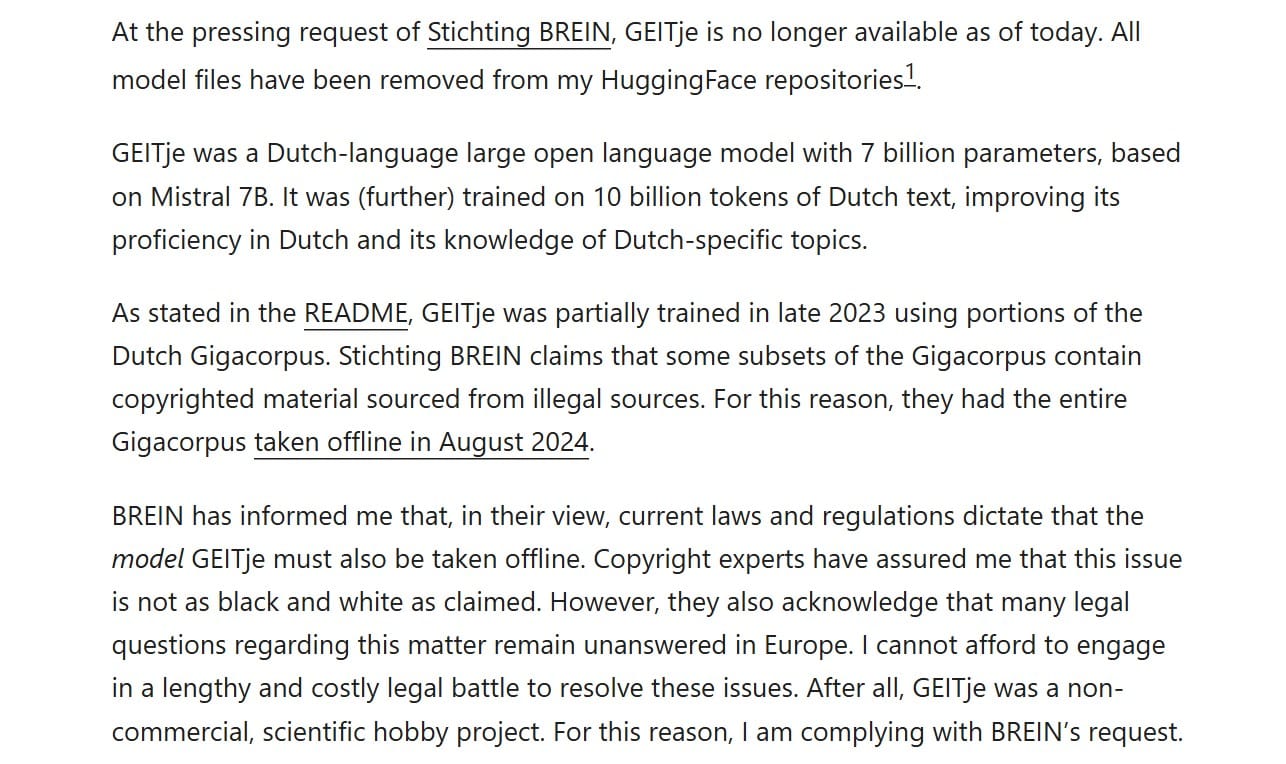
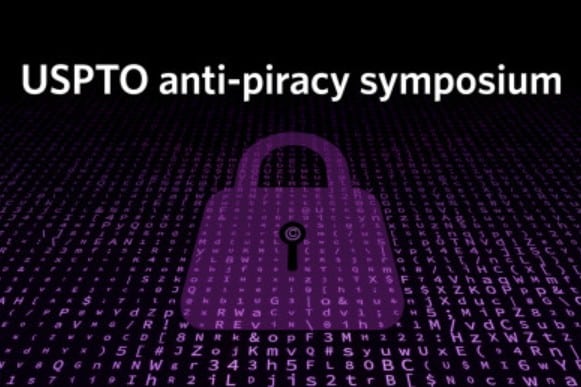 Last week, the U.S. Patent and Trademark Office (
Last week, the U.S. Patent and Trademark Office (
